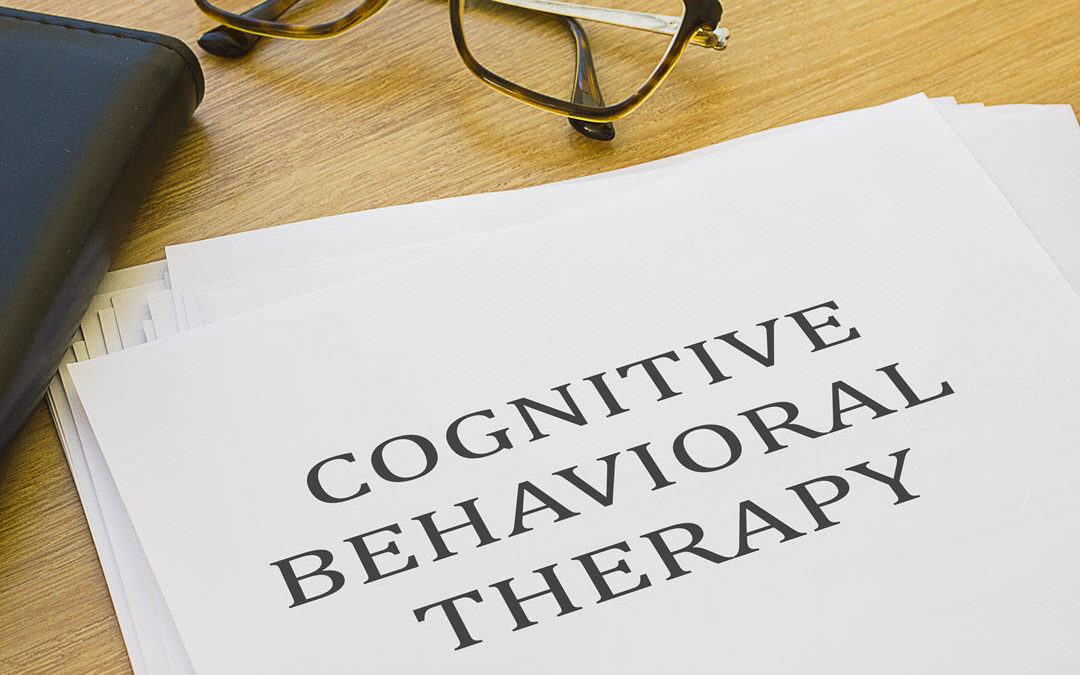CBT stands for Cognitive Behavioral Therapy. Instead of it being one specific type of treatment, it is actually more of an umbrella under which there are many different specific types of therapies, some of which focus more on one’s thoughts or cognitions and some of which focus on one’s behaviors or actions.
Specific treatments under the CBT umbrella include Exposure and Response Prevention (ERP), Acceptance and Commitment Therapy (ACT), Dialectical Behavior Therapy (DBT), Cognitive Therapy, Mindfulness based CBT, Behavioral Activation, and Habit Reversal. What sets CBT apart from other forms of therapy is that all CBT approaches are empirically based.
There are essentially three waves that characterize the evolution of CBT. The first wave was based off of B.F. Skinner’s behavioral principles of classical and operant conditioning. The second wave shifted focus to our cognitions and how our thoughts can affect how we perceive things and consequently how we behave.
The third wave of CBT brings us to the present and has brought some significant changes in the way we view and work with thoughts, feelings, behaviors. The first wave viewed conditioning as the best way to promote changes in behavior, and the second wave viewed our thinking or cognitions as the gateway to behavioral change.
Third wave approaches, such as ACT, turn things on their head. ACT focuses on mindfully accepting (rather than changing) our thoughts and feelings while staying committed to value driven action. Mindfulness is woven through all third wave approaches along with the premise that behavior actually drives our thoughts and feelings, rather than the other way around. Distress tolerance is another concept engrained in third waves approaches.
Being able to tolerate our uncomfortable feelings allows us to move through them until they pass (which they always will), rather than allowing them to exert any control over our actions or choices. Although these approaches can seem a bit intimidating at first, as they place responsibility on the individual to act (despite whatever he or she may be feeling or thinking), they ultimately lead to empowerment and liberation once the person is able to recognize the true degree of control he or she has.


Recent Comments